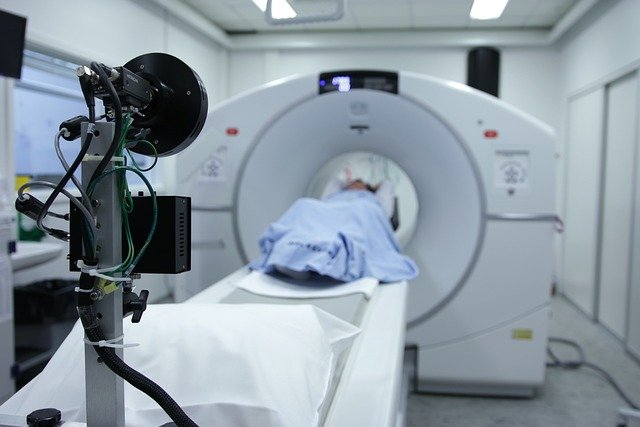
Pursuing Excellence: MD Radiology Admission in India
In the dynamic field of medicine, radiology plays a pivotal role in diagnosing and treating various medical conditions. Aspiring medical professionals with a passion for imaging and diagnostics often seek the prestigious MD Radiology program in India. This essay explores the significance of MD Radiology, the admission process, and the key factors prospective students should consider.
Introduction: MD Radiology, a postgraduate medical degree, equips students with comprehensive knowledge and advanced skills in medical imaging. It is a sought-after program in India, offering a gateway to a rewarding career in diagnostic radiology and medical imaging.
Importance of MD Radiology: Medical imaging is indispensable in modern healthcare, aiding clinicians in accurate diagnosis and treatment planning. MD Radiology is designed to train medical graduates to become proficient radiologists who can interpret various imaging modalities, such as X-rays, CT scans, MRI, and ultrasound. The program emphasizes a holistic approach, integrating clinical knowledge with cutting-edge imaging technologies.
Admission Process: Securing admission to an MD Radiology program in India is a competitive process. Aspiring candidates must meet eligibility criteria, typically holding an MBBS degree from a recognized institution. The admission process usually involves a national-level entrance exam, followed by a counseling session. Achieving a competitive score in the entrance exam is crucial for securing a seat in a reputable institution.
Key Factors to Consider:
- Accreditation and Reputation: Choose institutions that are accredited and have a strong reputation for their MD Radiology program. Institutions with state-of-the-art facilities and experienced faculty enhance the learning experience.
- Curriculum and Clinical Exposure: Look for programs that offer a well-rounded curriculum covering all aspects of radiology. Clinical exposure is vital for hands-on learning, and institutions with tie-ups with reputed hospitals provide valuable practical experience.
- Research Opportunities: Institutions that encourage research contribute to the overall development of a radiologist. Research-oriented programs provide students with opportunities to contribute to the advancement of medical imaging.
- Placements and Alumni Network: Consider the placement record of the institution and the strength of its alumni network. A strong network can open doors to career opportunities and mentorship.